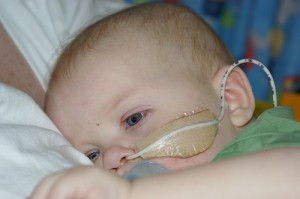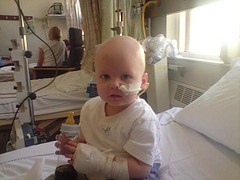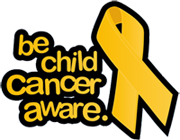REFERRAL GUIDELINES FOR SUSPECTED CANCER 
The NICE clinical guideline on referral for suspected cancer helps general practitioners (GPs) make decisions about when to refer children to specialists when they present with symptoms that could be caused by cancer. This guideline is not about treating cancer.
CANCER IN CHILDREN AND YOUNG PEOPLE
Cancer in children and young people can be very difficult to spot as the typical symptoms of cancer are the same as those for less serious conditions.
Children and young people who have symptoms suggesting cancer should be referred to a paediatrician (a doctor who specialises in treating children) or a specialist children’s cancer service. Young people over the age of 16 may be referred to adult cancer services or a team specialising in cancer in teenagers/young people.
When making a referral, the GP should inform the parents, child or young person and explain why they are being referred and what will happen next. The GP should aim to build a supportive relationship with the parents, child or young person involved.
CONSIDER REFERRAL
The GP should consider referring a child or young person if:
* they present with persistent back pain (an examination is needed as well asa blood test)
* their parents or carers remain anxious, even if the GP considers that cancer is unlikely.
As a parent is usually the best observer of a child or young person’s symptoms, the GP should take parents’ knowledge of their child into account when deciding whether to refer them.
Some syndromes such as Down’s syndrome and neurofibromatosis have been linked to the development of certain types of cancers.  The GP should be alert to any unexplained symptoms in children and young people with such syndromes.
The GP should be alert to any unexplained symptoms in children and young people with such syndromes.
CLICK HERE FOR A COPY OF THE NICE GUIDELINES FOR GP’s Refer Page 42


